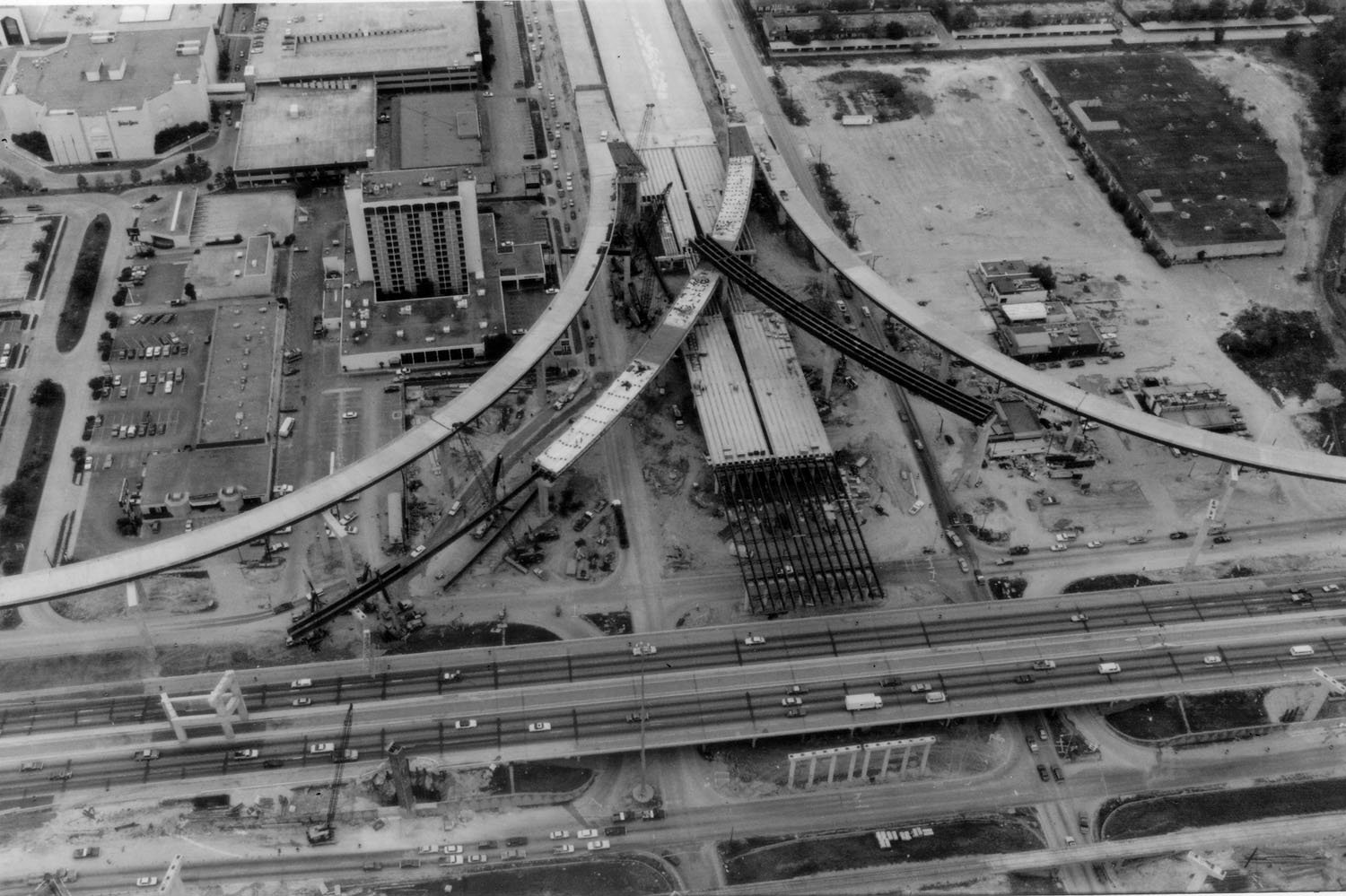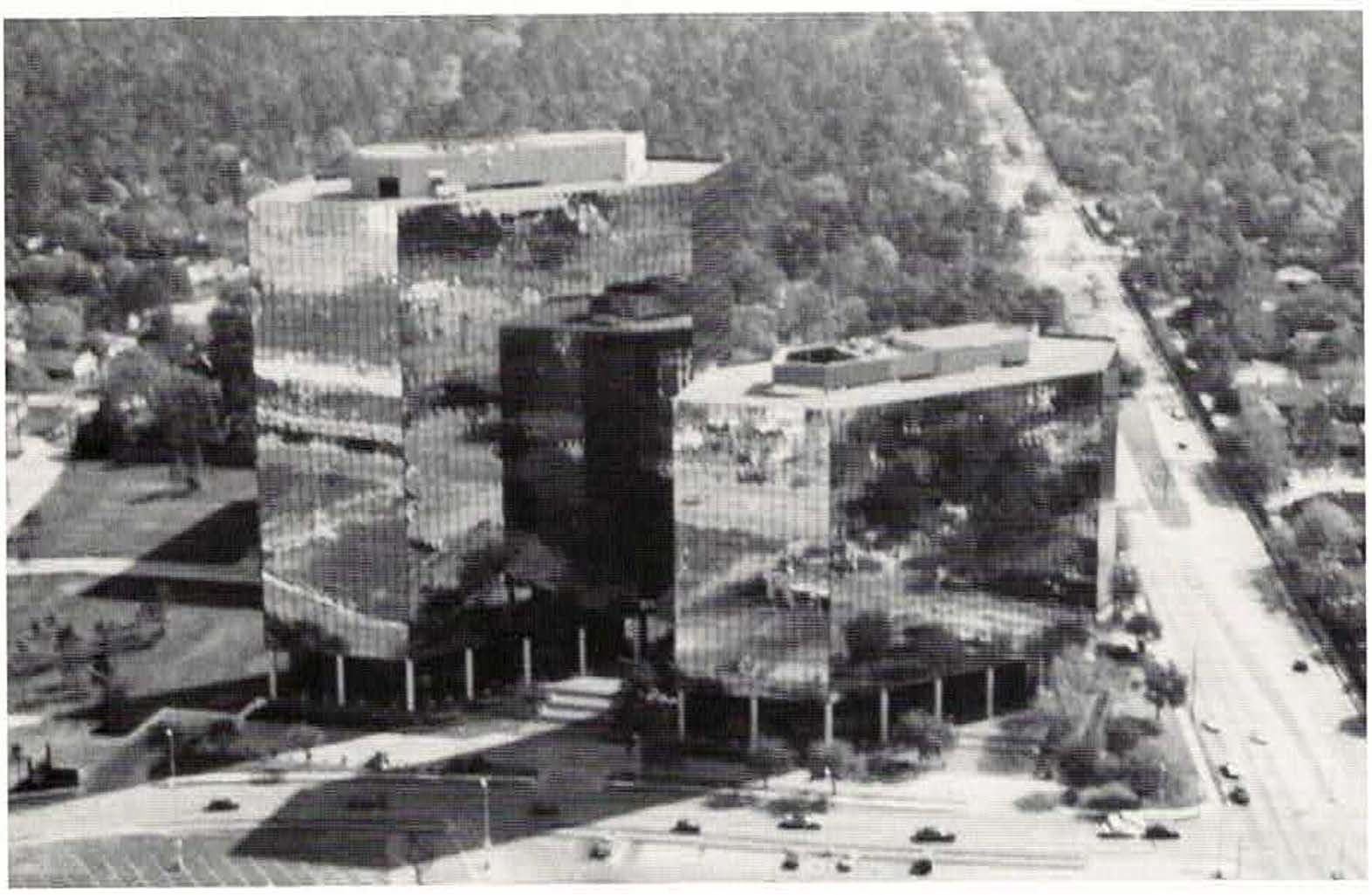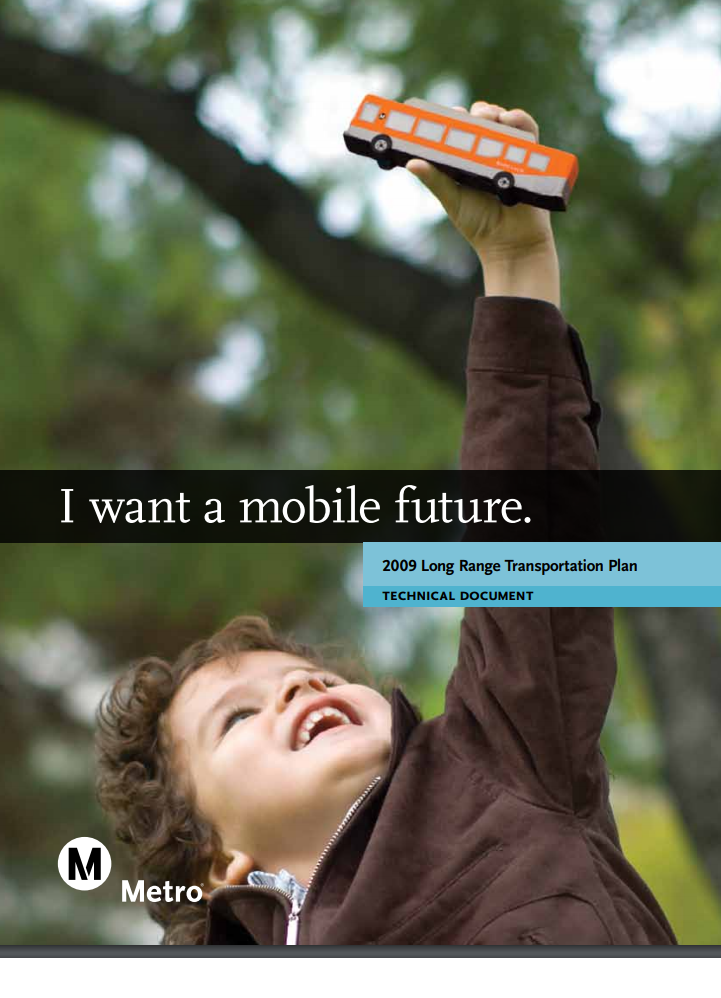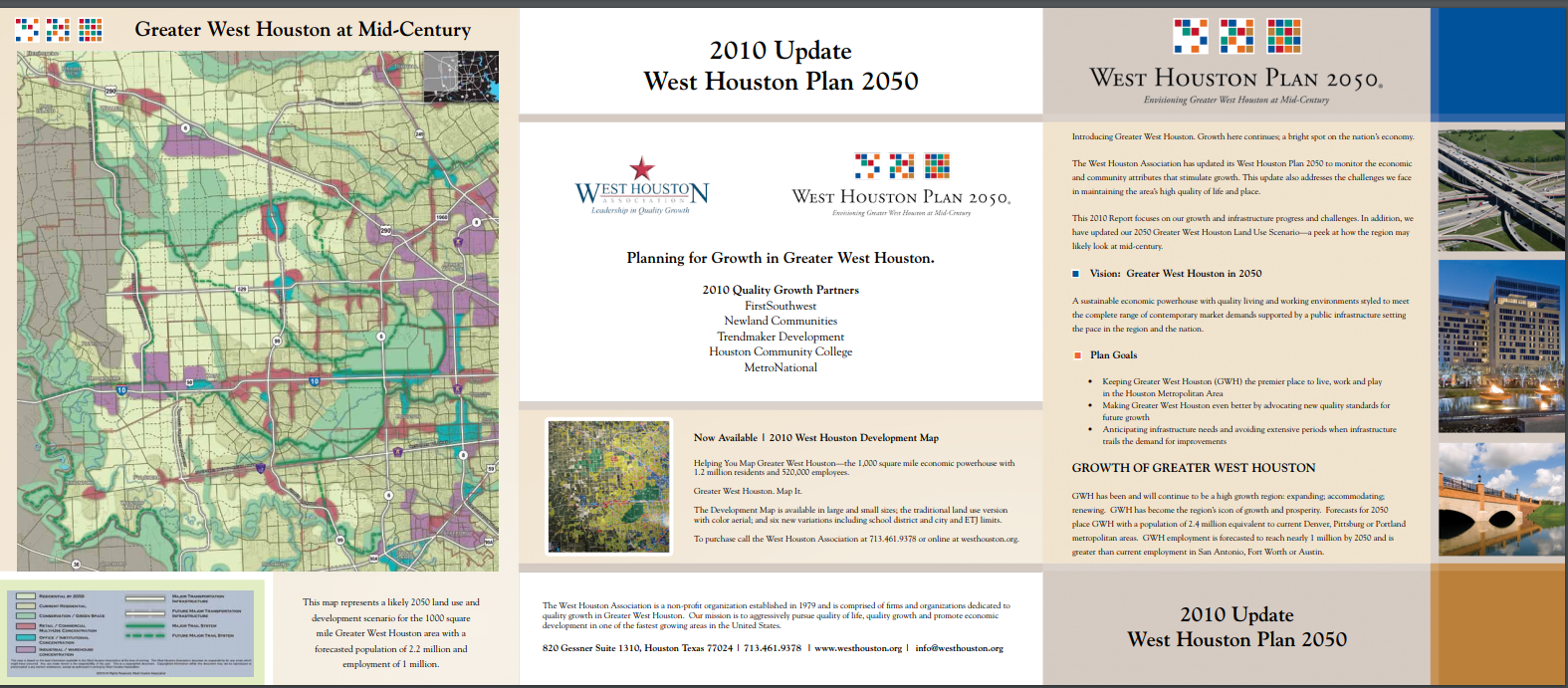Our Vision
Everyone should find great experiences and opportunities in Greater West Houston because it is resilient, well-planned, well-maintained, and welcoming. We see opportunities to continually improve by ensuring that the public and private sectors work cooperatively on policy and planning.
Our Mission
We are industry leaders who advocate, collaborate, and educate to achieve the best quality of life, experience, and opportunity in Greater West Houston by promoting better infrastructure, public policy, and planning.
We strive to bring new ideas to Greater West Houston to continuously improve quality of life. The West Houston Association’s strategies include:
- Leveraging Public/Private Partnerships
- Identifying & Facilitating Funding for Infrastructure Needs
- Accessing Elected Officials to Promote Favorable Public Policy
- Advocating Long-Range Regional Planning
- Promoting Economic Development
- Advocating Responsible Environmental Policy
- Supporting Educational Excellence
The West Houston Association has a 40 year history of bringing new ideas to Greater West Houston in infrastructure, public policies and planning. We are a 501 c4 nonprofit organization that aims to create a better living and working environment for the 1.6 million residents and 600,000 employees in Greater West Houston. We are property owners, major employers, and related community interests combined to advocate for improved mobility, better infrastructure, and a sustainable quality of living environment for the region.
Our History
In 1979, the Association was established to collectively address the problems and potentials associated with a rapidly growing area with major employment and residential growth virtually assured for the next ten years. It was a unique attempt by Houston’s major land developers, financial interests, and large corporations to bring order and rational planning to the rapidly developing suburban areas on the west side of the City of Houston.
The original coverage area was bounded by Kirkwood Road on the east, Westheimer on the south, the town of Katy on the west, and FM 529 on the north. Over the years, our service area has expanded to include over 100,000 acres of the fastest growing and most environmentally sensitive part of the metropolitan Houston. We now include everything from Hempstead in the northwest to Missouri City in the southeast, out past the proposed Allens Creek Reservoir and as far east as Blalock Rd./Fondren Rd.
A group of developers came together and commissioned the Rice Center to perform a study that would result in the recommendation to create what is now the West Houston Association The West Houston Association was formed when the following company representatives sat down and discussed the future of the region and the need to form a group of leaders who would be tasked with steering the quality growth of the area. John Sealey, David Wolff, Billy Burge Sr., Walter Mischer Sr., Marvin Leggitt, Harold Wallace, John Turner, Don Rogers & John Lear. West Houston Institute co-locating within the same building as the West Houston Association. WHA publishes the first Development Map and the the first Economics & Demographics Report. The mall was developed by, Homart Development Company, a unit of Sears. It opened in 1981, a time of high growth for the area, with anchors Foley’s, Joske’s, Montgomery Ward, and Sears. Macy’s opened a store in 1984 and J. C. Penney added a store in 1992, bringing the total number of anchor stores to 6. In the 60s, with Herman Brown’s health suffering, the company’s future seemed uncertain. Brown & Root was approached by Halliburton Company, an oilfield services business that bought companies with expertise in the oil and gas field. The Halliburton deal was finalized shortly after Brown’s death in 1962. Over the next three decades, Brown & Root distinguished itself as an industrial services contractor, delivering successful on-site maintenance, turnaround, and capital construction projects across the energy, industrial, power and facility sectors. In 1998, still a Halliburton subsidiary, Brown & Root merged with M.W. Kellogg creating KBR, one of the world’s premiere engineering, procurement, construction and services companies. In 2006, KBR separated from Halliburton. The industrial services organization (maintenance, turnarounds, small capital projects) continued operations as KBR Industrial Services Americas. Cullen Park opened in 1983 and phase I & II were complete in ’86 & ‘89. The Cullen foundation had donated 10 million to go toward a new park and the West Houston Association was informed that if the money wasn’t applied by a certain time it would be reissued to the Cullen Foundation. So WHA stepped up to convince the City of Houston to get construction started. Nov 1984 – Pat Maddox gifts Cullen Park glassware to the CoH mayor, Kathy Whitmire, for the Cullen Park opening. Mischer Corp., U.S. Home, & American General acquired Cinco Ranch one of the 1st Master Planned Communities In the field around what was going to become Green Ribbons Trail and is now Terry Hershey Trail Meeting at the cars for the beginnings of Green Ribbons Trail, which is now Terry Hershey Trail Opened in 1987, the Ribbon Cutting for the Westside Police Station, the first command station in Houston pictures Police Chief Lee Brown, and then Mayor Kathy Whitmire. Brown headed the change Neighborhood Oriented Policing. The FBI reported that the following year was the first since 1977 that Houston had less than 400 homicides, with 339. U of H Cinco was created from what was originally the West Houston Institute, and then was sold in 2016 to merge with what is now U of H – Katy.U of H Cinco was created in 1988 when the WHI moved from Park 10 to a building & land donated by Cinco Ranch Ventures. In 1989, The Bangles performed at the opening of the segment of Beltway 8 between Interstate 10 (Katy Freeway) and U.S. Route 290. Conceptualized in the early 1960s, Six segments of the planned 184-mile Grand Parkway (State Highway 99) loop circling the Houston metro region are now open, and drivers can travel nonstop through the northwest side of Houston from I-10 near Katy to I-69/US59 north of Houston. In addition to helping alleviate traffic congestion in some of the area’s fastest-growing communities, the Grand Parkway provides additional hurricane and emergency evacuation routes for the greater Houston area. Once completed, the Grand Parkway’s 11 segments—designated A through I-2—will travel through seven counties. In 1990, Bob Collie asked Pat Maddox, who went on to become 3rd Director of the West Houston Association, to put him in touch with the Mayor of Houston to discuss the details of the first segment of The Grand Parkway which would be placed in West Houston. Click the Read More link to view one of the original Membership Reports. Click the Read More link to view one of the original Membership Reports. John Sealey, the head of all Real Estate for Shell Corp. and David Wolff, CEO and Chairman of Wolff Companies, were the driving forces to found WHA. When John Sealey passed, Wolff reached out to Pat Maddox, the director of WHA, to create the John Sealey Memorial Award for outstanding membership. Hwy 99/The Grand Parkway’s first section opened extending from the Katy Freeway to FM 2759 in Sugarland. In 1995, the 73rd Texas State Legislature created the Westchase Area Management District, finding it “necessary to promote, develop, encourage, and maintain employment, commerce, transportation, housing, tourism, recreation, arts, entertainment, economic development, safety, and the public welfare in the Westchase area of Harris County.” The Westchase District is now a 4.2-square-mile municipal management district in west Houston which has drawn more than $2 billion in new investment and created thousands of jobs. 1999 – Katy Mills Mall opened near I-10 and Pin Oak Rd. representing continued westward development WHA creates the Energy Corridor Management District 2001 – I-10 West’s promotion intensified with development efforts by WHA to focus on Harris County paying for and operating a four lane toll road in the center of the freeway. The Katy Freeway expansion was a project of such large scale that it will likely never again be matched in the United States. “A lawsuit attempting to stop the project was in litigation, and the project could not proceed until a favorable judgement was received. An official groundbreaking ceremony was held in June 2003, since the far west section was not affected by litigation. On April 9, 2004, a federal court dismissed the lawsuit, clearing the path to construction for the entire project.” Right-of-way clearance and construction proceeded quickly. The project west of Highway 6 was officially dedicated on June 26, 2006, and the entire project was completed in October 2008, with a dedication ceremony on October 28. 2003 – Creation of TARGET (Texas Alliance for Responsible Growth, Environment and Transportation) Located in in the heart of The Energy Corridor in The Texas Medical Center-West Campus and adjacent to Wolff Companies’ Ten Oaks, both hospitals earned high marks by almost 4,000 Houston doctors who responded to an annual survey conducted by the Harris County Medical Society . “Texas Children’s Hospital West Campus and Houston Methodist West Hospital are two outstanding institutions that have continued to expand facilities and staff to meet the increasing needs of a growing West Houston, and they do so while upholding the highest standards of care,” said Carolyn Wolff Dorros, Executive Vice President, Wolff Companies. “These hospitals, along with MD Anderson Cancer Center that will soon open in nearby Central Park, form West Houston’s “Healthcare Row” – a concentration of top-notch medical facilities located in the center of the high-growth West Houston market.” Texas Children’s West Campus earned the top ranking for overall satisfaction, scoring first in 11 of 13 Quality of Medical Care categories for an overall score of 88 percent. Neighboring Houston Methodist West Hospital earned a very respectable three-way tie for third place with an overall satisfaction score of 84 percent. 2004 – Texas Childrens Hospital Comes to West Houston January 2005 – WHA Promotes Extension of Westpark Tollway As a Quality Growth Partner the partners will receive benefits throughout the entirety of the year, including special presence on www.WestHouston.org; WHA membership letterhead Quality Growth logo; special signage at all Issue Forums and a table and signage at the IMPACTAward luncheon – Roger Hord, WHA President 2006 In 2006 according to previous CEO & Executive Director, Roger Hord, the Quality Planned Communities Program was created The West Houston Plan 2050 was published The Katy Freeway is the Houston region’s major east-west highway, extending 40 miles from the Central Business District west to the Brazos River. Constructed in the 1960s with three lanes per direction and two frontage lanes to accommodate approximately 80,000 vehicles per day, forty years later volumes were approaching three times those levels with chronic congestion lasting up to 11 hours a day. TxDOT completed a major five-year reconstruction of a 12-mile section of the Katy Freeway from west of SH 6 to the I-10/610 interchange in October 2008. The reconstruction widened the Katy to provide six general purpose highway lanes in each direction and two variably priced high occupancy toll lanes in the median of the highway. The financing of the $2.8 billion project has involved an innovative collaboration between TxDOT and the Harris County Toll Road Authority (HCTRA), combining toll backed debt with more traditional grant funding. Image features: June 20 545 PM – Hwy 6 & Katy Freeway (interchange requires left turn lanes and better signalization) Lobbying for Major State Transportation Funding Enhancement Greater West Houston Demographic & Economic Profile was Published *click image for full profile* WHA & NHA partner to create the QPD program. The QPD seal presented by the West Houston Association and the North Houston Association signifies that a master-planned community or commerical or retail center has met the stringent madates of superior development found in the trendsetting quality living and working communities in Greater West or North Houston. To the home buyer, retailer, or commercial business, this is a sign that developers are committed to the success of the project, creating a community that will hold its value and be well-maintained for years to come. Developers will find value in holding the QPD designation, as the market has responded enthusiastically to those enterprises that have taken the extra steps to create vibrant, sustainable developments. The Environmental Protection Agency and the U.S. Army Corps of Engineers finalized their joint Clean Water Act “waters of the United States” definition and rule. The Greater West Houston Mobility Plan is a comprehensive multi-modal transportation study that explores different land use and transportation scenarios for the Greater West Houston region. The study examines improved transportation strategies for freeways, toll ways, local streets, transit, and pedestrian and bicycle networks. A series of short, medium and long range projects were identified to help improve mobility throughout the study area. Read more on the plan here: http://www.h-gac.com/subregional-planning-initiative/greater-west-houston-mobility-plan.aspx The West Houston Association (“WHA”) Sustainability Stars Program recognizes qualified applicants for sustainability efforts in land development and infrastructure in Greater West Houston. This includes (a) Investigation; (b) Investment; (c) Integration into construction; (d) Inspiration; and (e) Innovation. A development project/team can receive multiple recognition/awards (e.g., Investigation + Investment = 2), up to 5 stars. WHA is not attempting to create new practices, just recognizing the practices and programs established by others. The major goal of the WHA Sustainability Stars Program is to gather insights into sustainable infrastructure so that WHA’s members have reliable information on the value provided by sustainable infrastructure and development practices and to recognize the early adopters of such practices. Thus, the Sustainable Infrastructure Committee will award individuals for simply exploring or implementing sustainable infrastructure plans. Applicants are encouraged to apply in pre-design and to continue updating their applications as the project progresses. Houston Stronger is a coalition of civic groups, business associations and active citizens from throughout the Texas Gulf Coast region dedicated to working with local, state and federal officials to implement a comprehensive regional flood control plan that safeguards our citizens and property. Our goal is simple: to invest the resources required to help our entire region meet or exceed the 100-year flood plain standard. It is time for immediate action to finish the job that area leaders started to address in the 1940s, and FIX our drainage and flooding issues once and for all. We must act NOW. Since 2001, the Houston area had been affected by five major storms costing 283 lives and $130 billion in property damage. Hurricane Harvey alone inflicted over 50 inches of rain, with 82 lives lost, well over 100,000 homes destroyed, and totaling $80 billion in damage. Government’s first and most solemn responsibility is the protection of its citizens. We know more significant rain events will occur. We now face a moral imperative to act, and to act boldly. Read more on the plan here: http://houstonstronger.net/resources/ The Fight Flooding PAC is a group of Harris County businesses, organizations, and individuals who have come together to support the August 25th passage of Proposition A, because now is the time to address Harris County’s flood problem. 83 lives and $125 billion in economic losses—that is how much Hurricane Harvey impacted the Houston Region. It is not the first time. We were hit with 500-year storms in 2016 and 2017. We were hit by Allison and Ike. We will get hit again. The 500-year storm is the new 100-year storm. We must fight back. Congress allocated $141 billion in funding to help the country recover from major disasters—from Puerto Rico to California. We have a once-in-a-lifetime chance to fight flooding, improve our communities, and transform our region into a better place for all residents. Most of the funds allocated by Congress require a local match and are competitive. With $2.5 billion in bond funds, Harris County’s goal is to leverage federal funds to create resiliency projects, including buyouts and detention. Federal funds are first come first serve. So, bonds help get federal funds here while they last, helping local flood victims and local taxpayers. As forecasted in our West Houston Plan 2050 (published in 2007), historic growth has brought increased levels of population, jobs, and income to the region. Greater West Houston absorbed 36% of the population growth of the Houston Metropolitan Statistical Area (Houston MSA) between 2000 and 2015. In 2007, our regional forecast predicted that Greater West Houston’s population would reach 1,834,000 by 2035 and 2,163,000 by 2050. Just ten years later, new regional forecasts predict that Greater West Houston will reach those numbers by 2021 and 2031 respectively. While the absolute numbers may not be certain, continued growth appears extremely likely. The West Houston Association’s Role and Vision, Past and Future The West Houston Association (WHA) was formed in 1979 as a not-for-profit group to promote high quality, sustainable growth. WHA advocates for an area of 1,000 square miles in the western portion of Harris County and parts of Fort Bend and Waller Counties (“Greater West Houston”). Over the past 40 years, Greater West Houston transformed from a few sleepy suburban and rural communities bisected by the Katy Freeway into an international, connected, and vibrant destination. The leadership of the West Houston Association has been instrumental in the manner and type of development, infrastructure, and educational offerings across this region. Thank you Office of the Governor Greg Abbott for signing SB 6 and 7. Thanks to Senator Brandon Creighton and Texans For Dade for their work on these bills. This is a big day for recovery from Harvey and for future protection against storms.
1978 – Recommendation & Creation

1979 – WHA Was Formed
1980 – West Houston Institute was formed
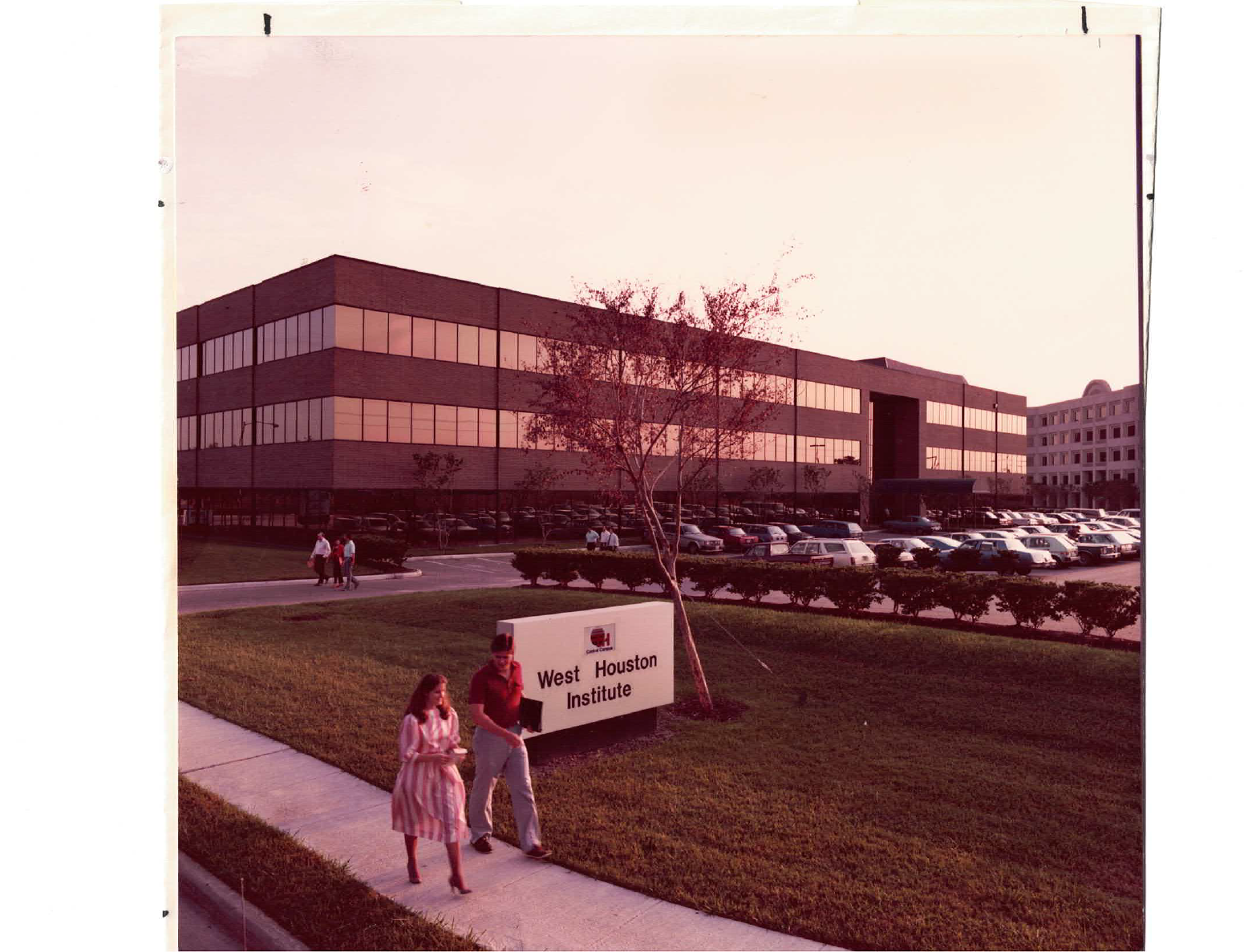
1980 – WHA’s First Development Map & Economic & Demographics Report
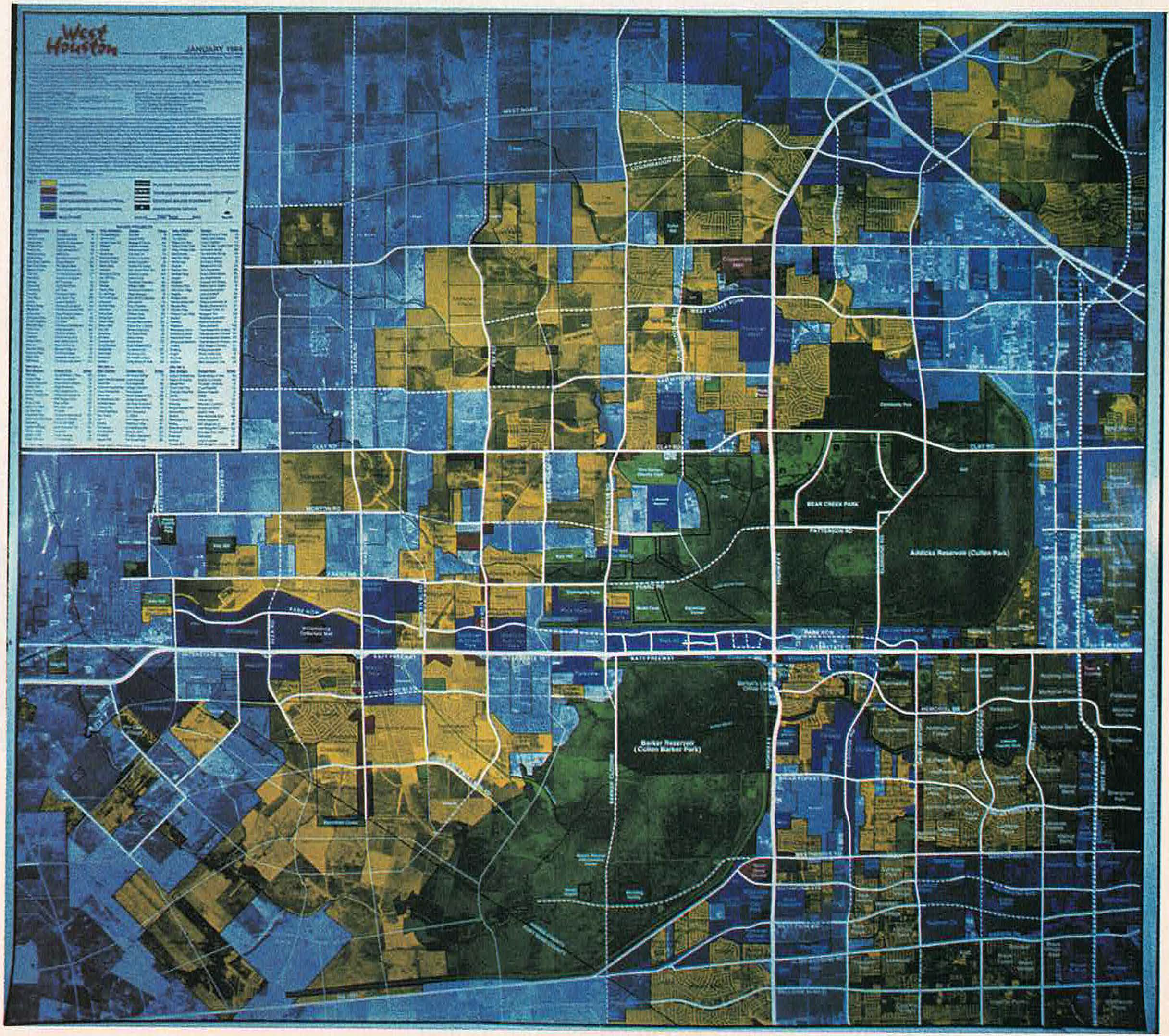
Willowbrook Mall Opens

Brown & Root in the early 80s
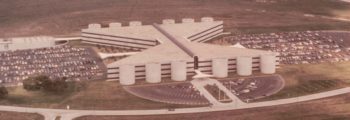
1983 – Opening of Phase I of Cullen Park
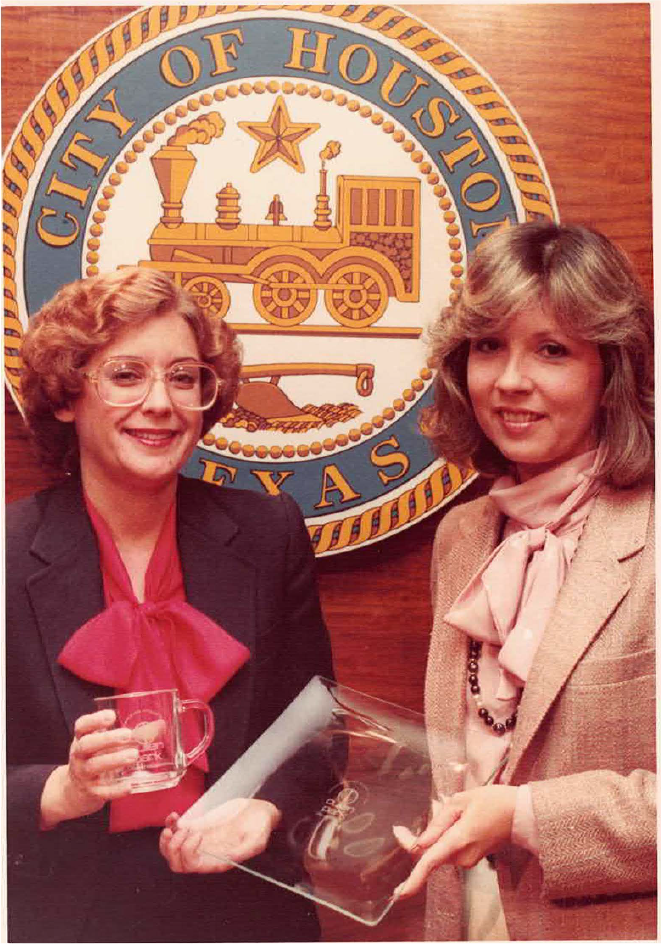
1984 – Mischer Corp. Helps Finance one of the 1st MPCs
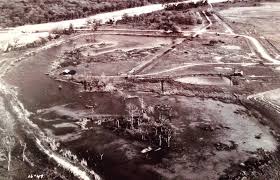
1985 July/August – Groundbreaking for State Highway
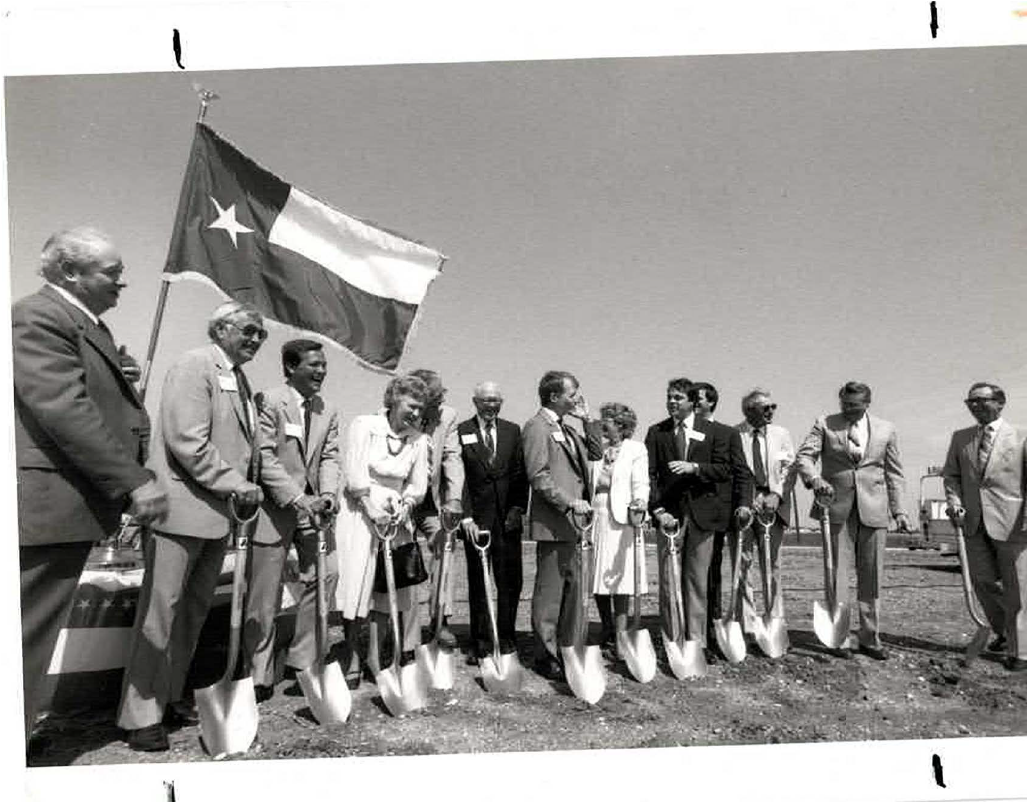
1987 – Green Ribbons Trail

1987 – Westside Command Station

1988 – U of H-Cinco is formed
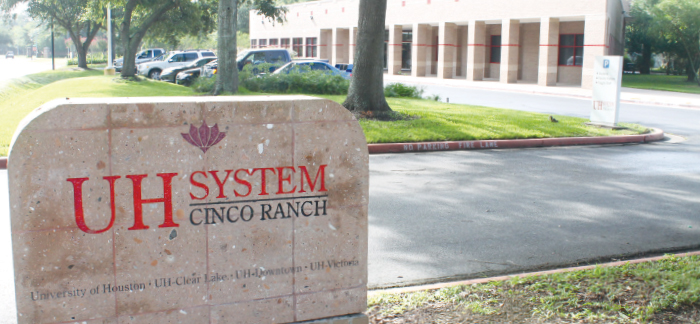
1989 – Beltway 8 Opens From I-10 to U.S. 290

1990 – Grand Parkway Begins Construction
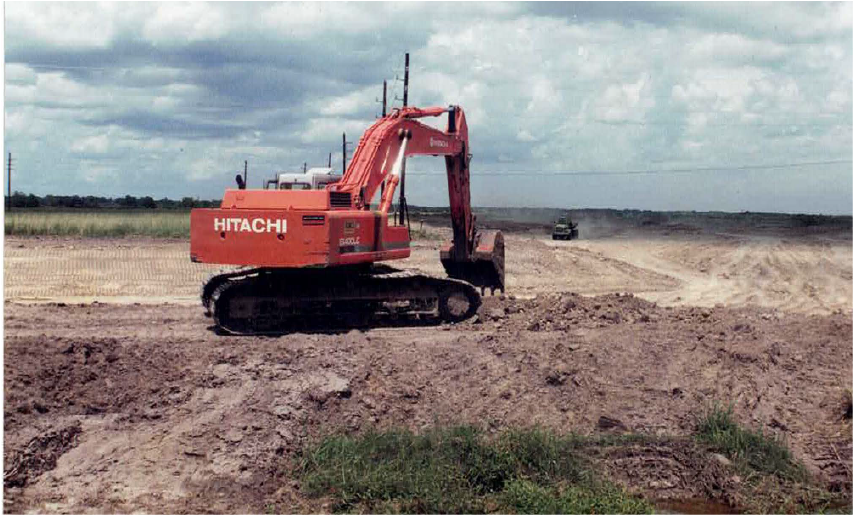
July-Aug 1990 WHA Report to Membership
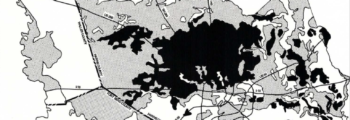
Nov-Dec 1990 WHA Report to Membership

1991 – John C. Sealey Memorial Award
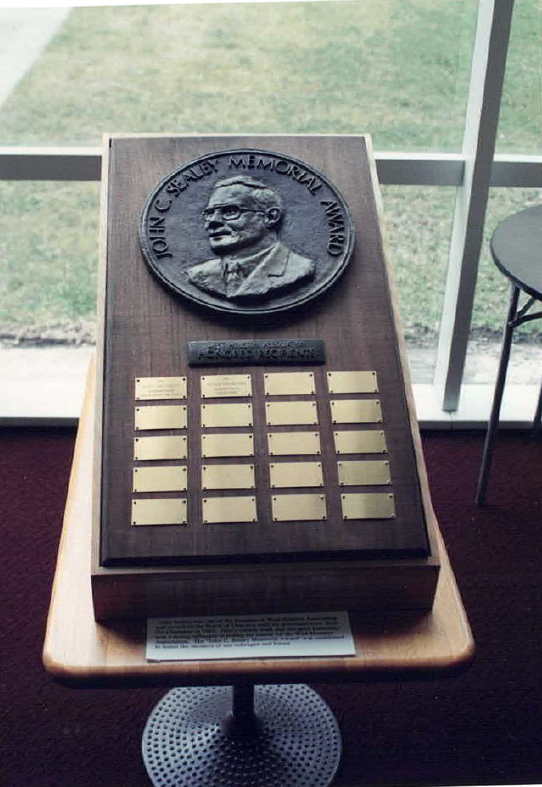
1994 – Hwy 99/The Grand Parkway’s First Section Opened
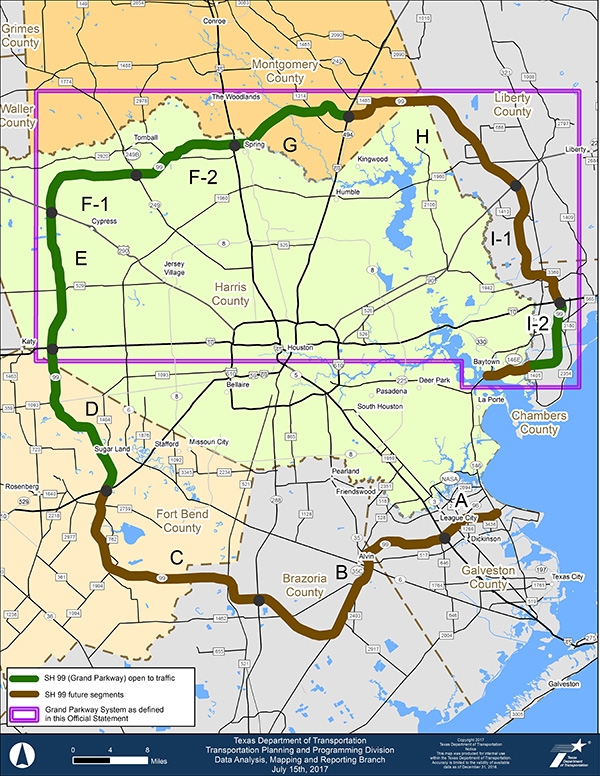
1995 – Creation of the Westchase District
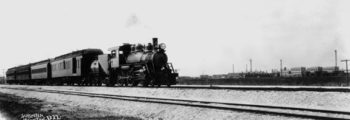
1999 – Katy Mills Mall Opened
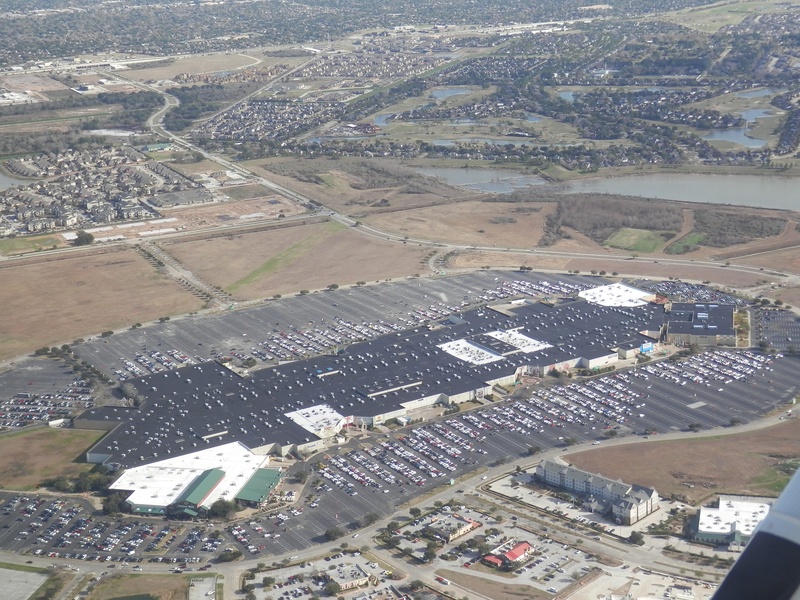
2001 – Formation of the Energy Cooridor Management District
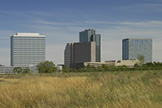
2001 – Interstate 10 West Turns into Toll Road
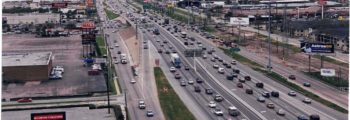
2003 – Creation of TARGET
2004 – Texas Medical Center – West Campus Comes to West Houston
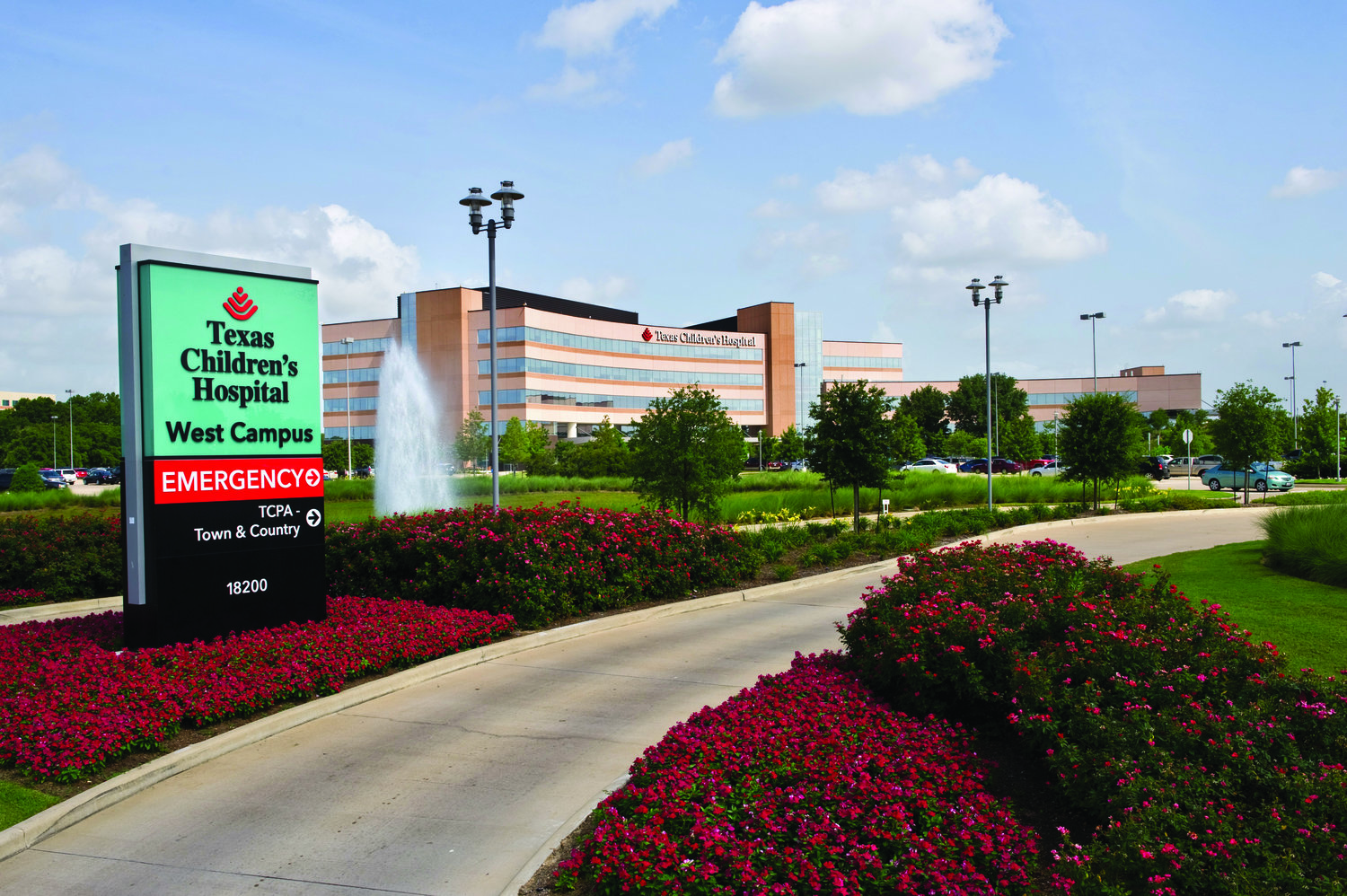
2005 – Extension of Westpark Tollway
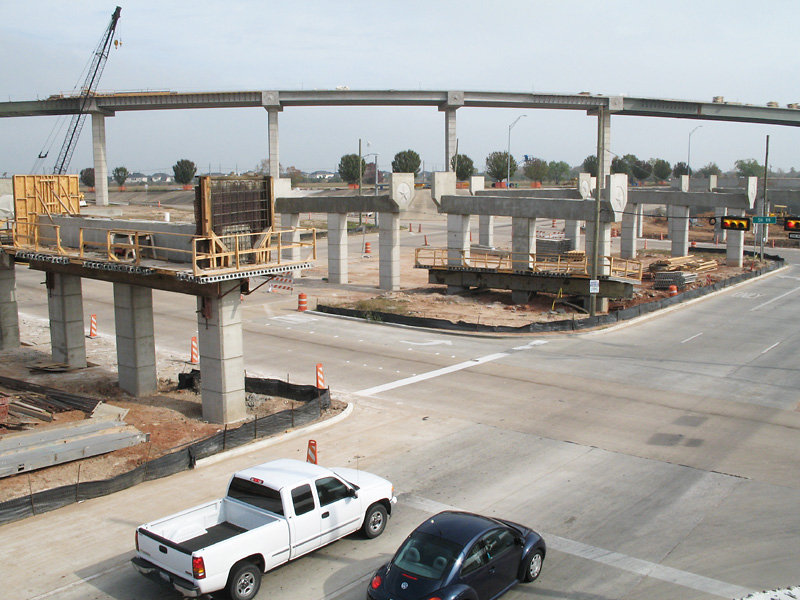
2006 – Formation of the Quality Growth Partner Program

2006 – Quality Planned Communities
2007 – West Houston Association Publishes 2050 Plan
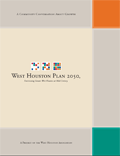
2008 – METRO’s Groundbreaking of the Kingsland Park & Ride
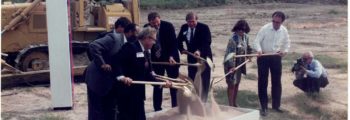
2008 – The Reconstruction of Katy Fwy
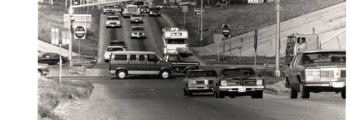
2010 – WHA Continues Lobbying for Major State Transportation Funding Enhancement
2011 – Greater West Houston Demographic & Economic Profile was Published

Published Greater West Houston Land Use Report
2015 – WHA & NHA partner to create the QPD program

EPA & USACE Finalize Clean Water Act
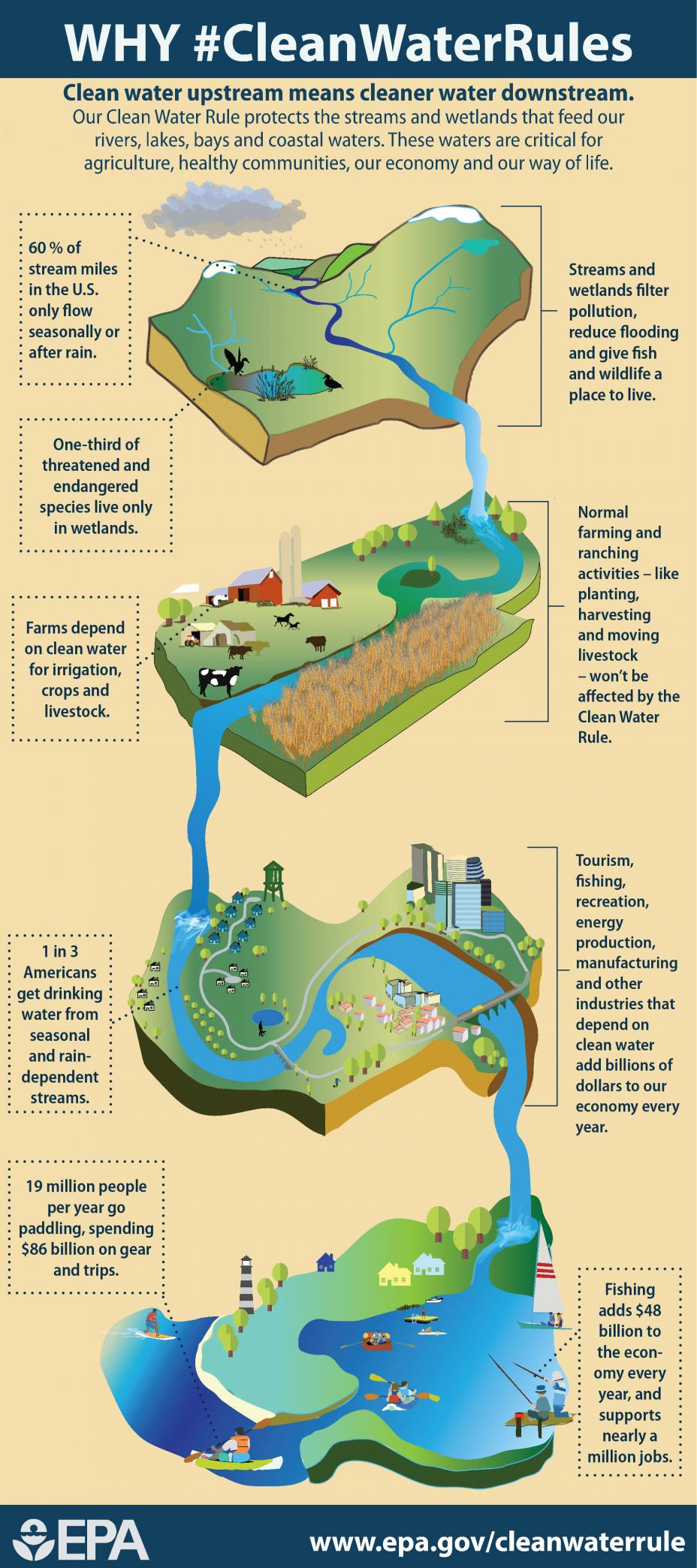
HGAC released the Greater West Houston Mobility Plan

2017 – The Sustainability Stars Program was formed

2017 – Houston Stronger was formed

$2.5 Billion Harris County Bond Election was passed

The West Houston 2060 Plan was published
![]()
SB6 & SB7 gets Signed and Passed through Texas Legislature


